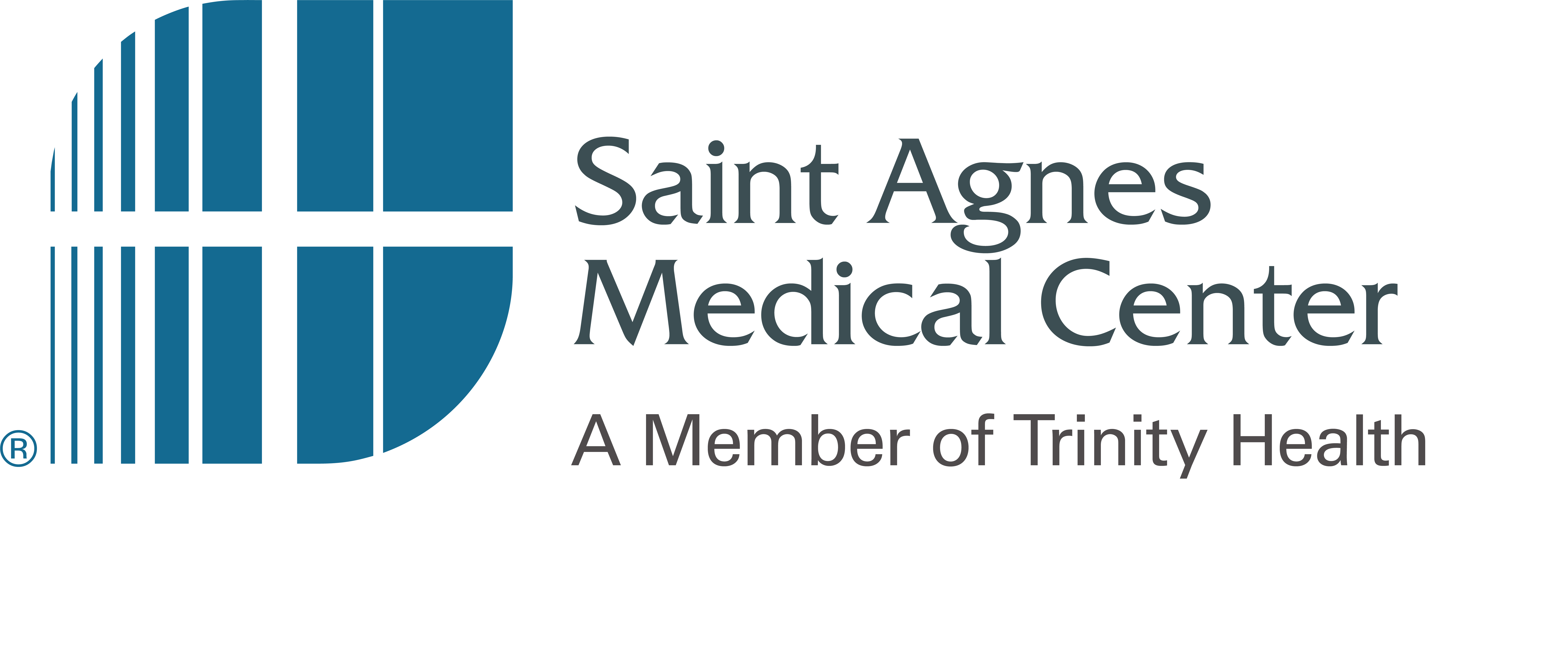Recognizing the early signs of mental illness
May 28, 2025
May is Mental Health Awareness Month—a time to shine a light on the importance of mental well-being to help break the stigma that surrounds mental illness.
Mental health conditions rarely appear suddenly. Instead, symptoms can develop gradually, making them harder to recognize in early stages. Knowing what to look for can make a big difference. Just like physical health, early intervention is key to managing symptoms, supporting recovery and improving long-term outcomes. play’s a crucial role in both the treatment, management and recovery of mental health conditions.
Below are some common early warning signs of mental illness and tips on when to seek help—whether it’s for yourself or someone you care about.
Signs and symptoms
Mental illness is complex and no two experiences are exactly alike—emotionally, psychologically, and even physically. Still, there are some common early warning signs that may signal someone is struggling with their mental health, such as:
- Dramatic appetite changes—eating too much or too little
- Change in sleep patterns—oversleeping or not being able to sleep
- Social withdrawal—withdrawing from social interactions or loss of interest in regular activities
- Problems focusing—increasing issues with concentrating or memories that are unexplained
- Feeling disconnected—a feeling of not being connected to oneself or surroundings
- Increased feelings of fear and anxiety—a strong nervous feeling and fear or suspicion of others
- Changes in work or school—increase conflict between co-workers or classmates, missing school or work, or a decrease in performance
Although these symptoms alone can’t determine mental illness, they may indicate that it’s time to seek further evaluation. If you or someone you care about is experiencing several of these symptoms—especially if they are affecting daily life—consider reaching out to a health care provider for support and guidance.
Mental health resources
Many people living with mental illness struggle to find help or are concerned they won’t be accepted if they do choose to seek help. The good news is mental health resources are more easily available now than ever before. From the advent of online counseling services to nationwide crisis hotlines, the expert care you need is only a phone call—or a few clicks—away.
Here are some key resources to know:
- Emergency medical services—always call 911 if you believe the situation may be life-threatening
- National Suicide and Crisis Lifeline—call 988 to speak with a trained crisis counselor. Visit 988lifeline.org to learn more
- Substance Abuse and Mental Health Services Administration (SAMHSA)—call 1-800-662-4357 for treatment referral and mental health information. Visit their website for more resources
- National Alliance on Mental Illness (NAMI)—call the helpline at 1-800-950-6264. Visit their website to find additional mental health resources and support groups
Talk to your doctor
Your primary care doctor is trained to care for your mental health along with your physical health. With proper treatment, many people are able to cope with or even recover from mental illness. Should you have any concerns about your mental health, talk to your doctor about treatment options.

Need a doctor?
If you need a primary care provider, we have you covered. Establish with one of our Saint Agnes Care providers and start your journey to better health—body, mind and spirit.
Find a provider